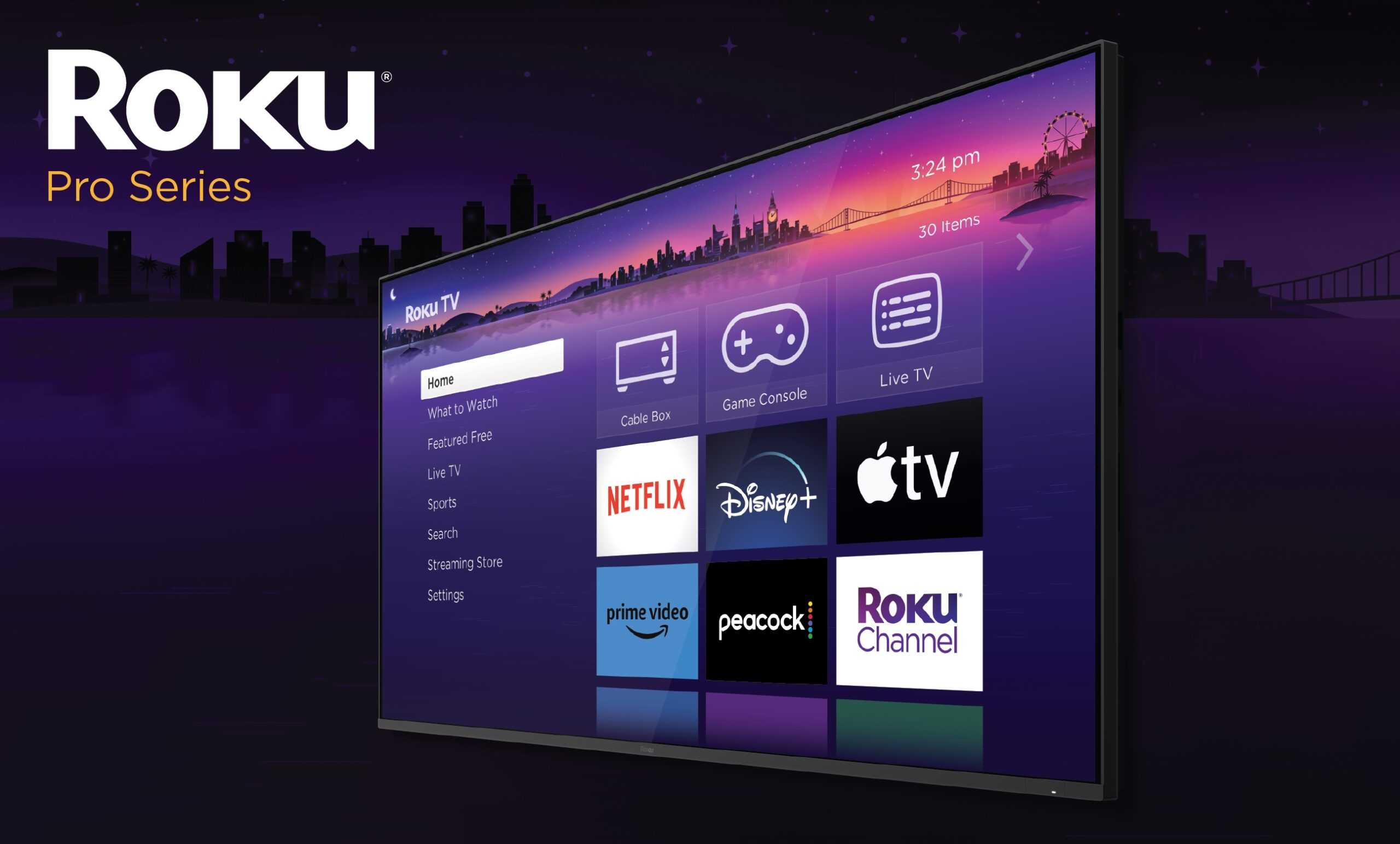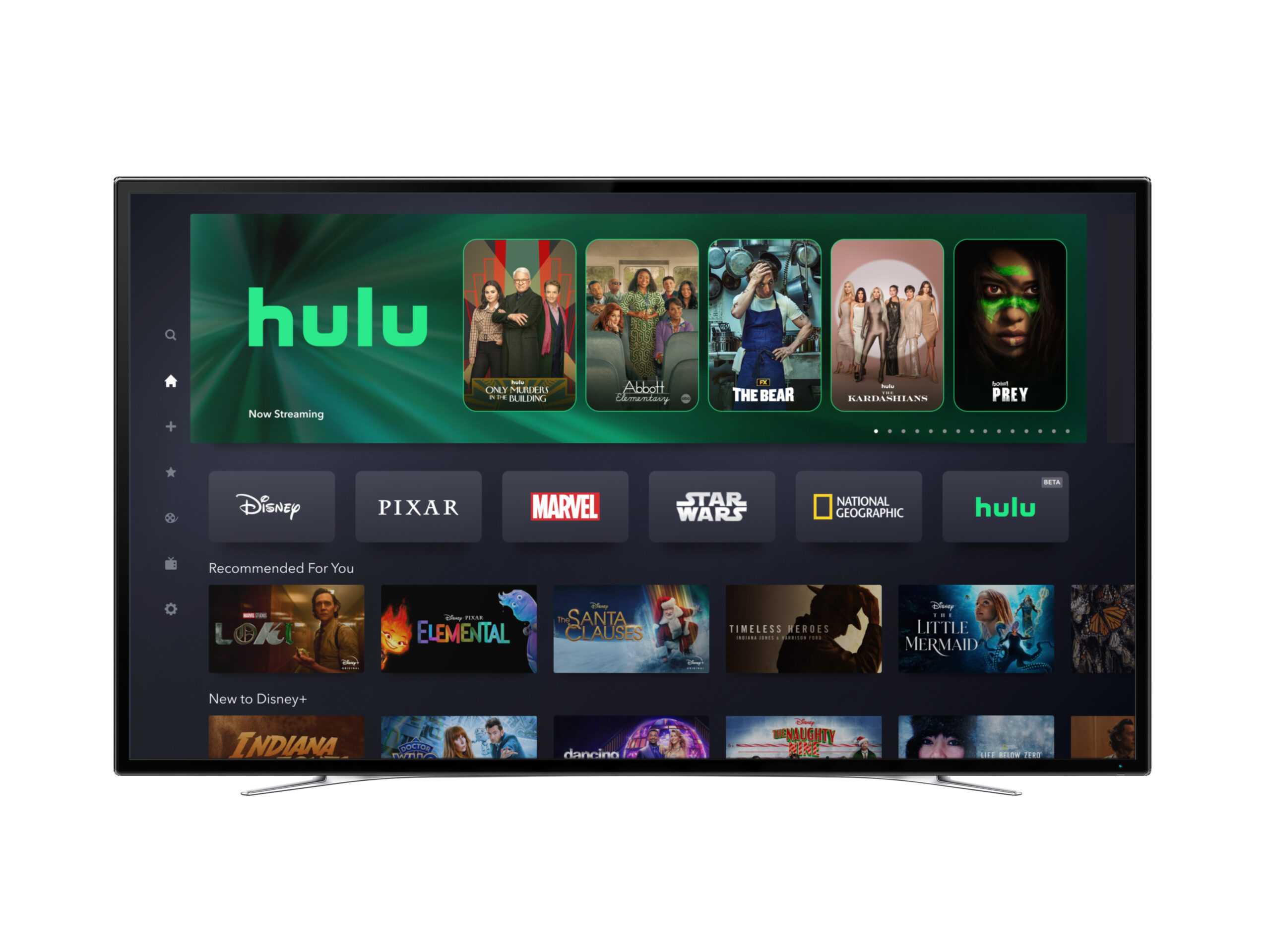For the sixth time since 2014, Netflix has increased its monthly pricing, raising its Ultimate Plan from $17.99 to $19.99, its Standard Plan from $13.99 to $15.49, and its Basic Plan from $8.99 to $9.99. The price hike makes Netflix the most expensive streaming service on the market compared to other services like HBO Max ($14.99), Hulu’s standard plan ($12.99), Amazon Prime Video ($8.99), and Disney+ ($7.99).
Netflix believes the price increase is justified and necessary because the platform continues to add popular original programming to attract and retain viewers. Exclusive content like Squid Game, The Witcher, Cobra Kai, and others have continued to push viewership records. In fact, the second season of The Witcher recently became the third most-watched series of all time on Netflix, behind season one of Bridgerton and season three of Stranger Things.
The competition is continuing to nip at Netflix’s heels. The battle for exclusive programming among platforms like Disney+, HBO Max, Apple TV+, Amazon Prime Video, and others is increasingly ferocious, and rivals may also use Netflix’s price increase as an opportunity to capture market share. HBO Max recently reduced the price of its ad-free tier from $14.99 to $11.99 for a limited time to attract customers.
As much as consumers would love for streaming prices to remain steady, content and business costs continue to increase as Netflix grows globally. As The Hollywood Reporter points out, incremental price hikes will enable Netflix to increase the average revenue per user among its 74 million customers in the US and Canada, helping fund the company’s marketing and content budgets.
“Our research shows that consumers rarely consider the amount that they spend on streaming once they choose to subscribe. It is only when they encounter some type of trigger, such as a price increase, that they take the time to re-evaluate the value of the service,” said Brett Sappington, Vice President at Interpret. “Even if they do lose some subscribers in the short term, those users may eventually return when Netflix offers content that they are eager to watch.”
Interpret’s VideoWatch also reveals encouraging data for Netflix’s business. Only 3% of US subscribers have cancelled in the past six months (on par with Disney+), and importantly, Netflix remains ahead of the competition with regards to cancellations due to price hikes. 15% of Netflix subscribers in the US state that they cancelled due to a price increase, considerably lower than consumers who canceled Paramount+, Hulu, and Amazon Prime Video.







